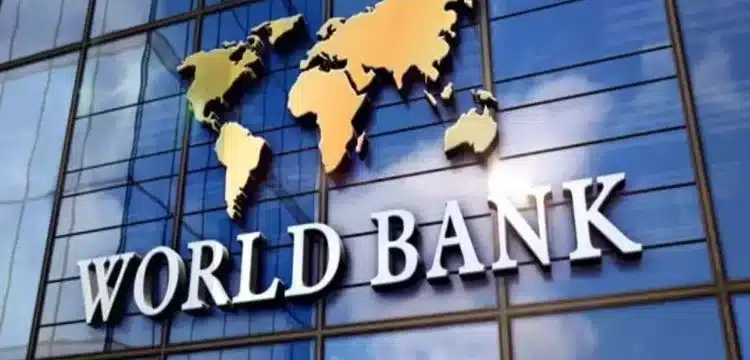[vc_row][vc_column][vc_column_text dp_text_size=”size-4″]
The World Bank has raised significant concerns about Pakistan’s sales tax system, highlighting that it offers preferential rates below the standard 18 percent for specific products and sectors. According to the latest report from the World Bank titled “Pakistan Development Update (PDU),” the sales tax system also includes certain domestic supplies that are zero-rated, further limiting the tax base.
The report notes that Pakistan’s tax system is intricate, has a restricted tax base, and imposes high tax rates. It mentions that the tax system incorporates various special provisions, concessional rates, exemptions, and unconventional tax policy approaches. Many of these policies were implemented to balance fiscal support for specific groups or industries with the need to maintain a minimum level of revenue collection. As a result, Pakistan’s tax system has become complex, with various vested interests, at the expense of economic efficiency and revenue.
Read more : Pakistan Receives $4.4 Billion from World Bank ; ADB
In the fiscal year 2023, Pakistan’s total revenue accounted for 11.6 percent of GDP, with 92 percent of revenues collected at the federal level and the remaining portion at the provincial level. The tax-to-GDP ratio reached only 10.2 percent in FY23, falling short of the 15 percent of GDP considered the minimum required tax revenue for developing countries.
The report further indicates that total revenue decreased to 11.6 percent of GDP in FY23 from 12.1 percent of GDP in FY22, with both tax and non-tax revenue declining slightly. Among tax revenues, revenue from indirect taxes, including sales tax on goods and services, customs duties, and excise duties, declined to 5.2 percent of GDP in FY23 from 6.3 percent of GDP in FY22. This drop was primarily attributed to reduced imports, which affected revenue from sales tax and customs duties on imported goods.
Conversely, revenue from direct taxes and the Petroleum Development Levy (PDL) increased during the year. The introduction of the PDL, which rose from zero to PKR 50 per liter, resulted in substantially higher PDL revenues, almost 4.5 times higher than in FY22. Additionally, revenue from direct taxes grew partly due to changes in tax policy measures, including adjustments in income tax rates, the imposition of a super tax on banks and non-bank firms, and higher property taxes.
The World Bank’s report highlights the complexities and challenges in Pakistan’s tax system, emphasizing the need for reforms to improve efficiency and revenue collection while broadening the tax base.
[/vc_column_text][/vc_column][/vc_row]











